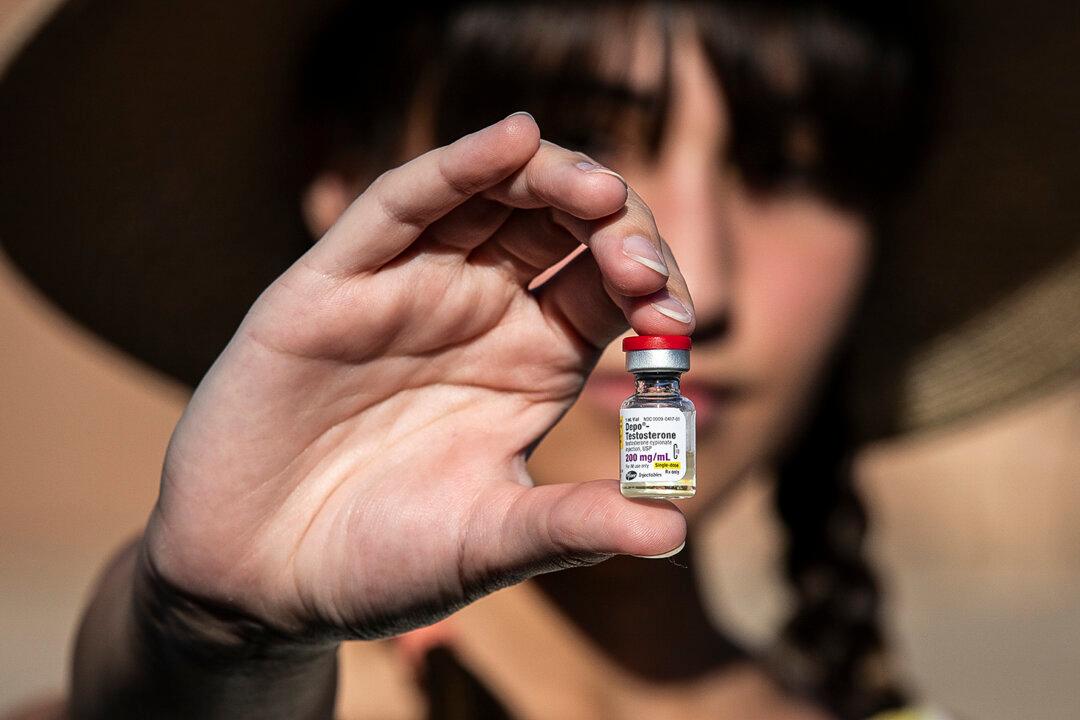A common story emerges from the testimony of some Canadian parents who spoke with The Epoch Times about how their children transitioned genders: A child who never exhibited signs of gender dysphoria suddenly decides to change genders, often after others in their group of friends make the same choice.
These children are in many cases highly intelligent but prone to various mental health issues. They’re “affirmed” in their decision by teachers and doctors and come home with demands for medical intervention.





